Question And Answer
Publications
Articles, publications, books, tools and multimedia features from the U.S. Institute of Peace provide the latest news, analysis, research findings, practitioner guides and reports, all related to the conflict zones and issues that are at the center of the Institute’s work to prevent and reduce violent conflict.
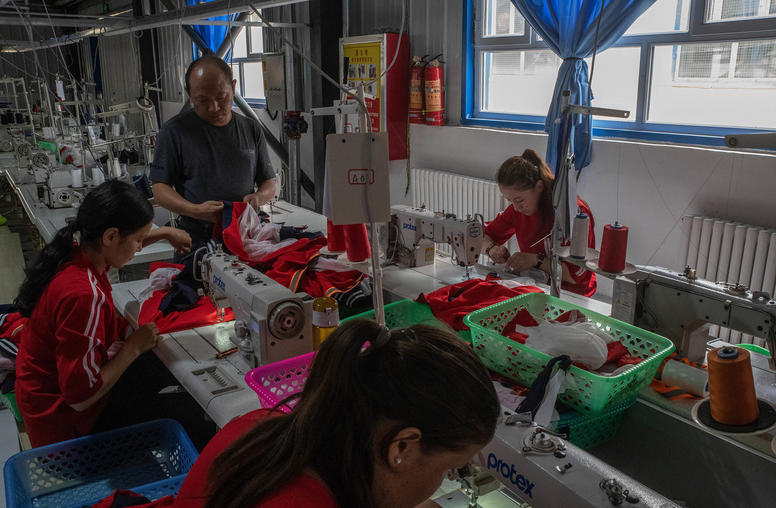
How Documentation Is Critical to Exposing China’s Abuses of the Uyghurs
This month, U.S. companies are scrambling to comply with the Uyghur Forced Labor Prevention Act (UFLPA) that went into effect three weeks ago, ensuring they have no goods in their supply chains made through the forced labor of China’s Muslim Uyghur minority. Here we see an important example of how far efforts have come to document abuses against Uyghurs and other minorities in China’s Xinjiang Uyghur Autonomous Region (XUAR). Documentation efforts including journalistic reporting, investigative work by human rights researchers, and the collection and preservation of witness testimony by NGOs have each played an important role in exposing abuses and linking them to official responsibility in China, laying the foundation for countries like the United States to respond with concrete policy changes such as the UFLPA.
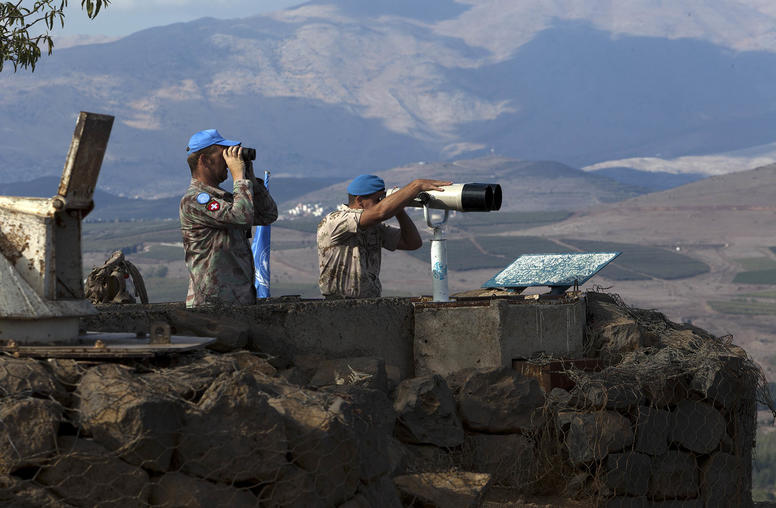
Could Syria Have Been Saved by a U.S. Effort to Bring It to Peace with Israel?
Over a decade into Syria’s civil war, it’s hard to fathom the country at peace and integrated with the international community. The Assad regime’s brutal oppression of protests in March 2011 sparked more than 10 years of violence, conflict and tragedy in the country. But in the weeks before, there was quiet hope that a clandestine U.S. effort could broker a land-for-peace deal between Israel and Syria. For Syria, such a peace agreement would have resulted in the lifting of U.S. sanctions and financial assistance, trade and investment from the international community, giving Syrians hope for a better future.
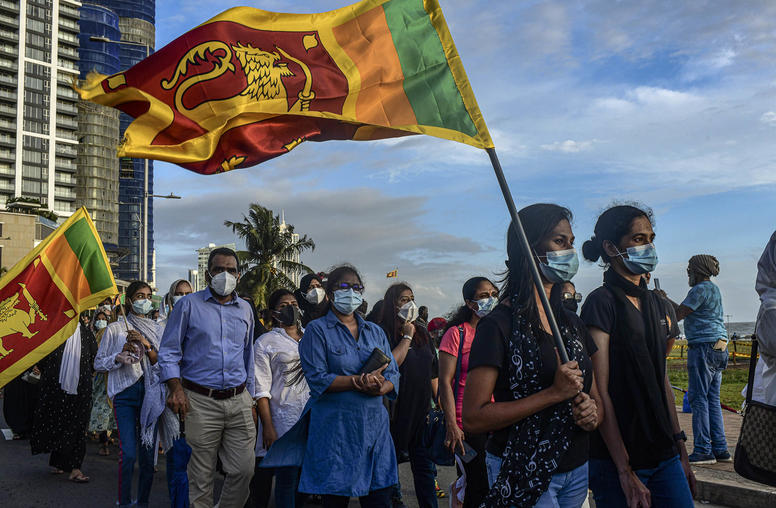
Five Things to Know about Sri Lanka’s Crisis
Following months of escalating protests, and the May resignation of his brother Prime Minister Mahinda Rajapaksa, Sri Lankan President Gotabaya Rajapaksa fled the country on July 13. Sri Lanka’s economy has hit rock bottom as it defaulted on international loans and is facing rampant fuel and food shortages, and the government imposed a state of emergency. Gotabaya’s flight from the country leaves the government in further disarray. How did Sri Lanka get here and what does this political and economic crisis mean for the country and the region?
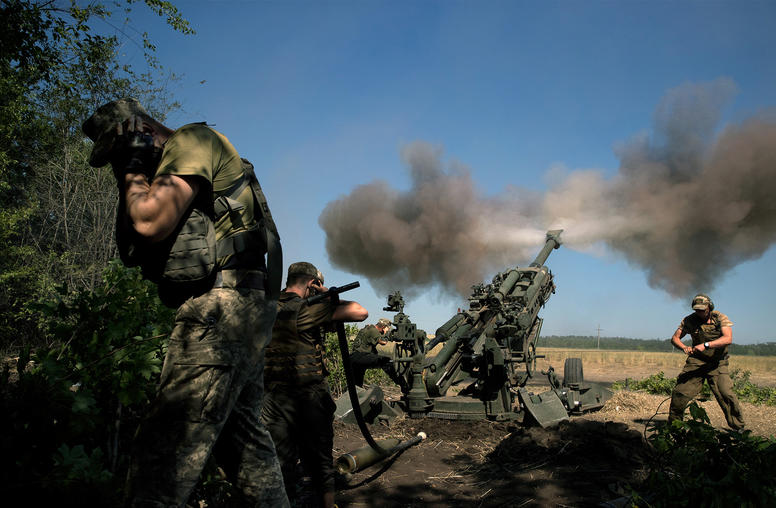
Russia’s Ukraine War Has Narrowed — But Not its Goals
Russia’s Ukraine war, launched in February along the 350 miles from Belarus to the Black Sea, has largely narrowed these weeks to a 45-mile-wide assault on cities in the Donbas region. This and other signals may suggest that President Vladimir Putin is limiting his war aims and will settle for consolidation of control over four provinces in southern and eastern Ukraine. Yet this is probably just a short-term change. Putin’s goal is unchanged, and he is prepared to achieve it by degrees. This reality undermines well-meaning suggestions for peace negotiations that are based on beliefs the Kremlin will settle for what it has now.
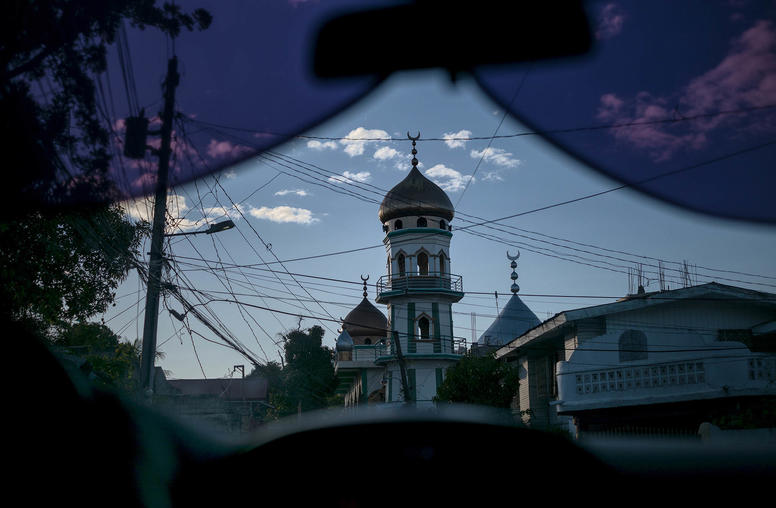
The Philippines’ Bangsamoro Transition Authority’s Expectation Management Challenge
A crucial component of the success of any peace process is winning the support of local populations. This was particularly important in the southern Philippines where the progression of recent peace efforts depended on the result of the 2019 plebiscite. After decades of war and endemic poverty, expectations are high for what the peace dividend will deliver in socioeconomic, education, security, infrastructure and political reforms. The Bangsamoro Transition Authority’s (BTA’s) expectation management challenge may prove decisive in maintaining popular commitment to the peace process. The Bangsamoro Information Office (BIO) has a central role to play in these efforts.
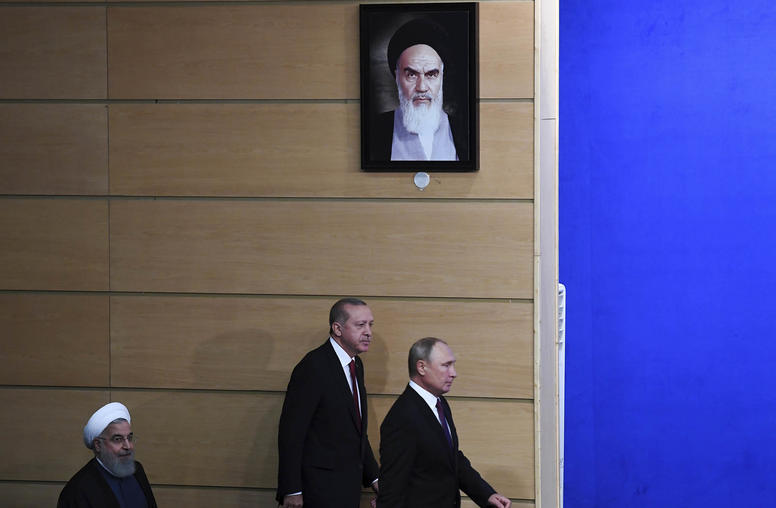
Putin and Erdogan in Iran to Discuss Syria’s Future, Ukraine War
The leaders of Russia, Turkey and Iran are gathering in Tehran, with Ankara’s threat of a new incursion into northern Syria likely to top the agenda. While Turkish President Recep Tayyip Erdogan has both domestic and strategic reasons for the move, Russian President Vladimir Putin and Iranian President Ebrahim Raisi want to maintain the status quo in Syria, where both their countries have expended significant resources to prop up the Assad regime. Russia’s war on Ukraine will also feature prominently at the trilateral summit. Iran has offered to provide Moscow with drones and Putin and Erdogan are reportedly set to discuss restarting Ukrainian grain exports in the Black Sea.
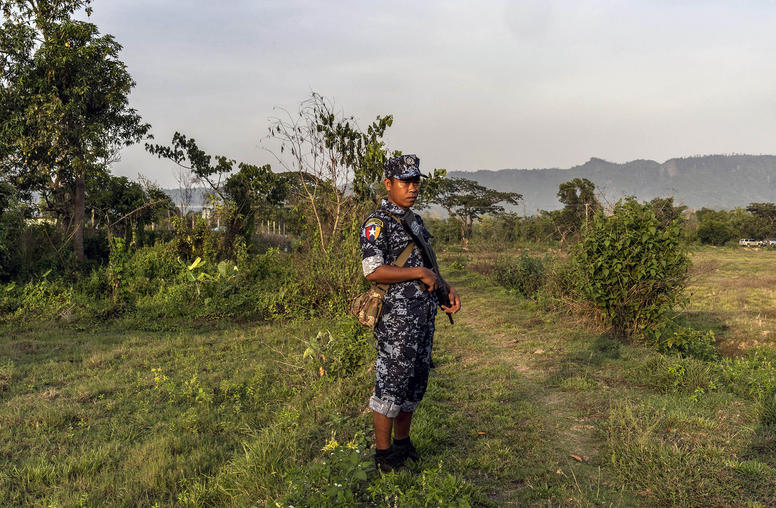
In Myanmar’s Rakhine State, a Fraying Truce May Hold Key to Anti-Regime Fight
Myanmar has been crippled by growing political turmoil and militant resistance since the army overthrew the elected civilian government on February 1, 2021. Today, most of the country is engulfed in a virtual civil war. In Rakhine State, however, home to one of Myanmar's most powerful ethnic armed organizations, a tenuous peace still prevails under a cease-fire reached with the pre-coup military in 2020. At the time, the truce benefited both the military and its adversary, the Arakan Army. Now, under the pressures unleashed by the military’s power grab, that deal is fraying. Should it collapse, the coup regime will face a vastly strengthened insurgency. The people of Rakhine, collaterally, will all but certainly suffer brutal counterstrikes from the air force and artillery of a military untroubled by its record of war crimes.
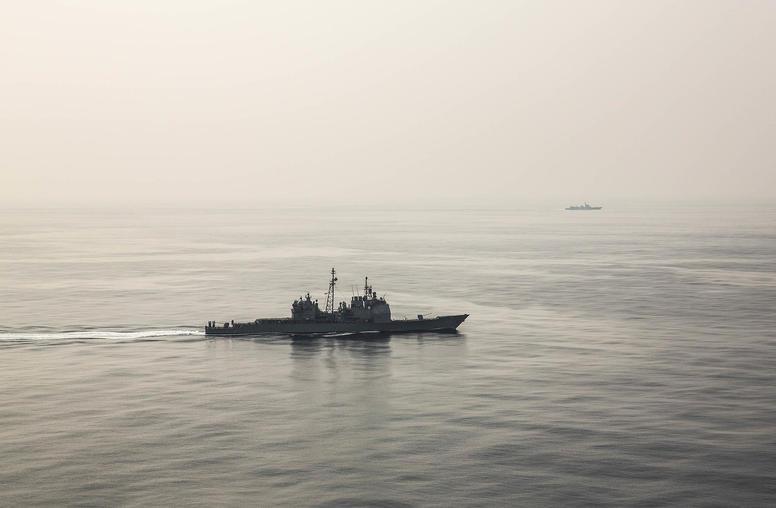
China’s Search for a Permanent Military Presence in the Pacific Islands
In April, China signed an unprecedented security pact with the Solomon Islands, sparking regional concerns of a future Chinese military presence there. China’s pursuit of greater military reach in the Pacific Islands draws parallels to Imperial Japan’s construction of bases prior to World War II, and the implications are, likewise, strikingly similar. A Chinese military presence in the Pacific Islands could complicate transit between Australia and the United States, allow Beijing to increase its power projection in the second and third island chains, and bring Chinese military firepower closer than ever to Australian and U.S. territory. Can the United States and its partners prevent such an outcome?
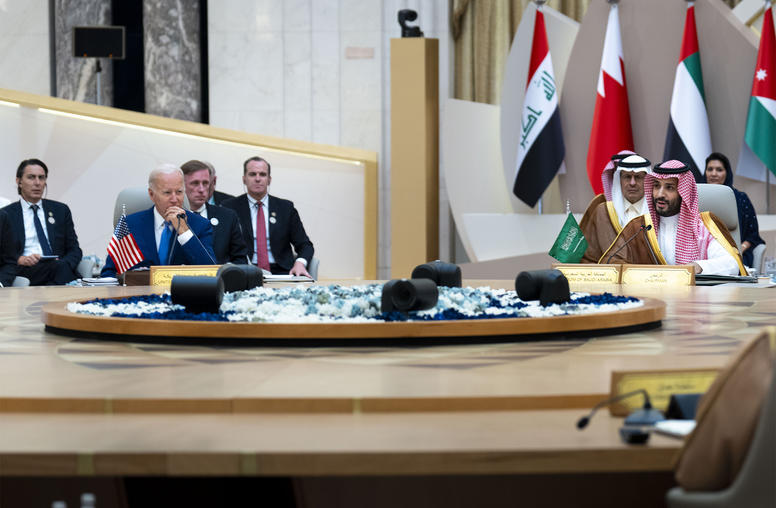
Five Takeaways from Biden’s Visit to the Middle East
President Biden made his first trip to the Middle East last week, visiting Israel and Saudi Arabia. While the trip yielded little in the way of flashy announcements — like new normalization agreements or Saudi Arabia boosting oil production — it did demonstrate that the United States remains focused on enhancing the region’s security architecture, particularly to counter Iran. Still, there were some notable developments, like a U.S.-Saudi agreement to build 5G and 6G telecommunications networks and Riyadh opening airspace to Israeli flights. On the Israeli-Palestinian front, the president affirmed Washington’s long-standing commitment to Israel and said that now was not the time to reengage on peace talks with the Palestinians.
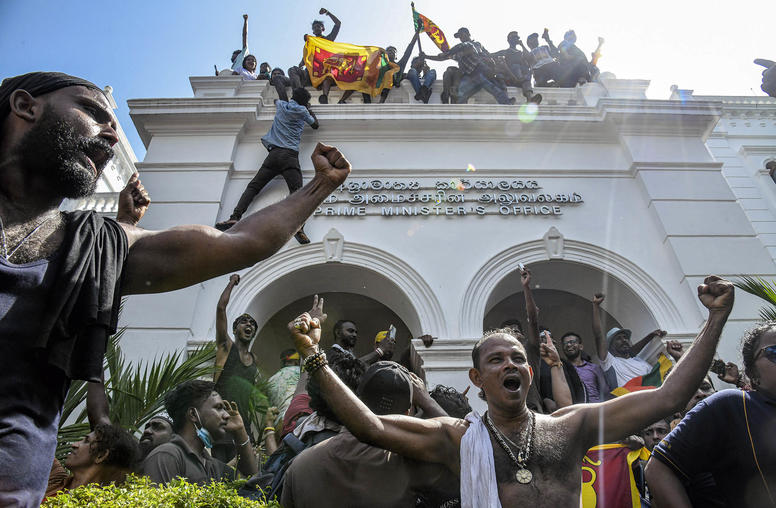
Sri Lanka Teeters on the Brink
Sri Lanka is grappling with its most serious political and economic crises since its independence in 1948. Navigating these interlinked crises will require reforming the South Asian island nation’s constitution to reduce the power of the executive presidency and securing a bailout from the International Monetary Fund (IMF), according to experts.